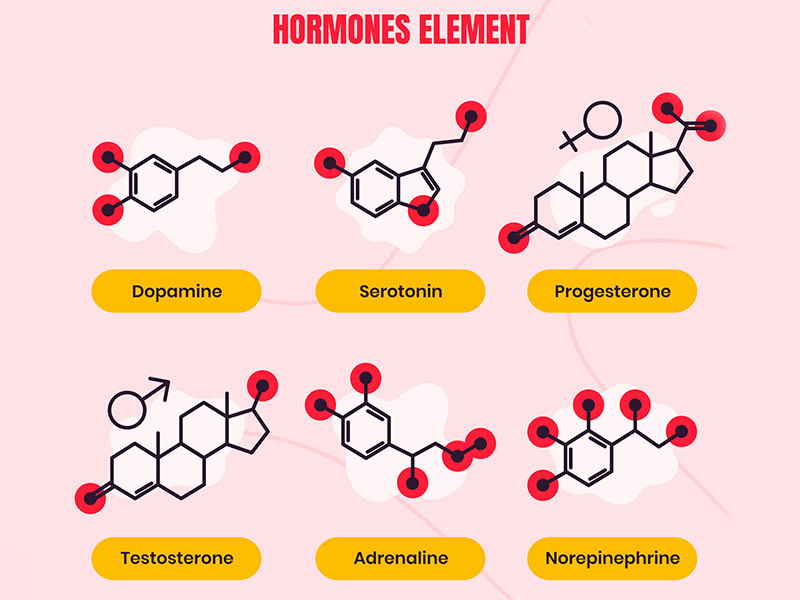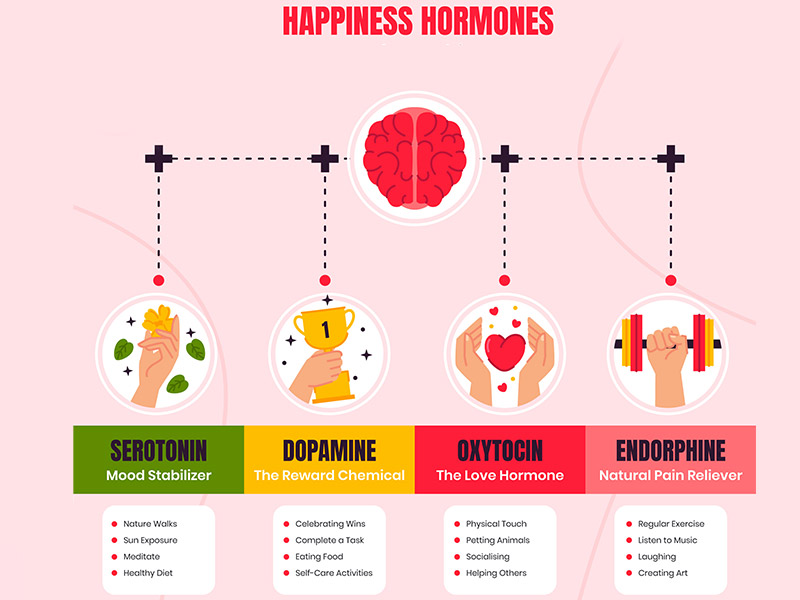Blood tests play a crucial role in assessing hormone levels and guiding hormone treatment. Here’s why they are essential and how they help in managing hormone imbalance effectively.
Understanding Hormonal Imbalance
Hormonal imbalance arises when there’s an excess or deficiency of specific hormones in the body. Its manifestations vary across genders, but anyone can experience it. Key hormones involved include estrogen, progesterone, testosterone, and thyroid hormones.
Signs and Symptoms of Hormonal Imbalance:
- Irregular menstrual cycles
- Mood swings and anxiety
- Weight fluctuations
- Fatigue
- Digestive disturbances
- Skin issues
- Hair thinning or loss
The origins of hormonal imbalance are diverse. Chronic stress ranks as a primary instigator, disrupting cortisol and other hormone equilibriums. Dietary habits, such as poor nutrition and excessive sugar and unhealthy fat intake, exacerbate imbalances.
Sedentary lifestyles can also impede hormone regulation. Age, menopause, environmental toxins, and medical conditions such as PCOS, diabetes, or thyroid disorders further influence hormone dynamics.
Estrogen and Progesterone:
For menstruating women, analyzing hormone levels on day 21 of their cycle provides valuable insights. This includes evaluating the estrogen-to-progesterone ratio, ideally at 10:1. Day 21 progesterone levels indicate ovulation status. Low progesterone coupled with relatively high estrogen levels can lead to symptoms of estrogen dominance, commonly seen in perimenopause, PMDD, or PMS.
Testosterone:
Testosterone levels are vital for both men and women. Imbalances can impact mood, libido, and overall well-being. Monitoring testosterone levels through blood tests helps in identifying deficiencies or excesses that may require intervention.
Dehydroepiandrosterone (DHEA):
DHEA is another hormone that influences various bodily functions, including mood, energy levels, and immune response. Blood tests for DHEA levels aid in diagnosing adrenal gland function and guiding treatment strategies.


The Importance of Hormone Blood Tests
While hormone imbalances often manifest through symptoms, blood tests provide objective data for accurate diagnosis and personalized treatment plans. They offer insights into hormone levels, allowing healthcare providers to tailor interventions according to individual needs.
Why On-Site Blood Work Matters:
At Kimball Medical, we understand the importance of convenience and efficiency in healthcare. That’s why we offer on-site blood work services. Here’s why our on-site option stands out:
- Swift and Comprehensive Care: Eliminate the hassle of traveling to separate facilities for blood tests. Our on-site service ensures quick and easy access to comprehensive testing right at our clinic.
- Say Goodbye to Appointment Wait Times and Delays: With on-site blood work, there’s no need to wait for appointments at external labs or endure delays in receiving results. We streamline the process, enabling prompt testing and swift access to crucial information for treatment planning.
- Personalized Care: By integrating on-site blood work into our practice, we prioritize patient convenience and continuity of care. Our healthcare professionals can promptly review test results and discuss treatment options, fostering a seamless and personalized healthcare experience.
Blood tests are invaluable tools for assessing hormone levels and guiding effective treatment for hormone imbalance.
With our on-site blood work service at Kimball Medical, we aim to enhance convenience, efficiency, and personalized care for our patients. Schedule your appointment today to experience the difference firsthand.








